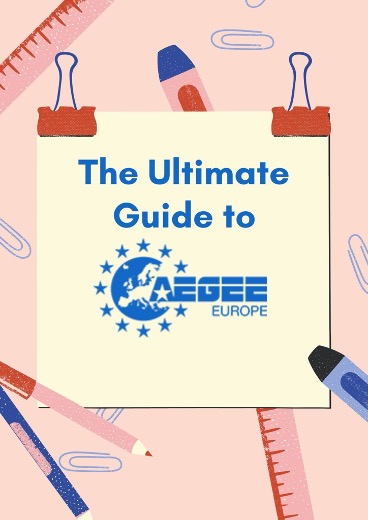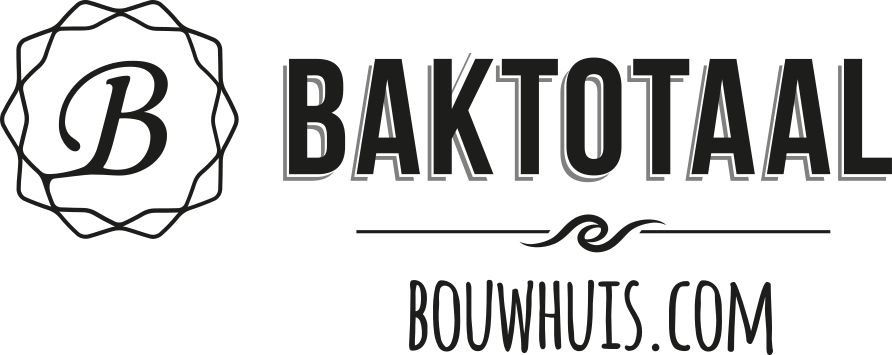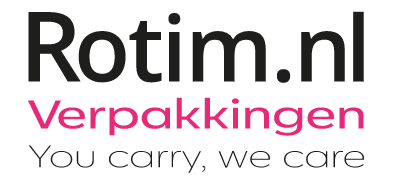
As we all know, AEGEE-Europe is an incredible organization that seeks to bring Europe together by encouraging young people to get involved in European affairs. AEGEE Europe has many different extremely beneficial programs, projects, trainings, and activities. However, getting involved at the European level can seem daunting, which is why we have created this handy guide to help you navigate your way through AEGEE Europe and make the most out of the opportunities AEGEE provides.
1.Thematic Projects
Thematic projects are initiatives created by AEGEE members that deal with current issues in European society such as informed voting for the European Parliament. The purpose of the thematic projects is to make young people aware of current issues and empower them to put forward solutions.
Present thematic projects include:
- Y vote: A project that instructs AEGEE members on how to make informed choices at the European Parliament elections.
- Summer University: An intercultural exchange project in which participants sign up for an event (usually 2 weeks) in a city where AEGEE is present.
- Eastern Partnership: The purpose of Eastern Partnership is to include and incorporate non-EU countries in the European identity of AEGEE.
- Europe on Track: Volunteers who are selected as ambassadors travel by train to create a safe space for discussion, create awareness and plan events to bring attention to important social issues.
- AEGEE Day: The purpose of this project is to illustrate the strength of AEGEE and unite our members. On AEGEE day, each local aims to plan one activity or event.
- AEGEE Election Observation: The purpose of this project is to educate young people on how to become international election observers, and to report on youth participation in elections in Europe.
2. European Bodies
European Bodies are branches of AEGEE-Europe that work on specific tasks within AEGEE-Europe alongside the Comité Directeur (Board of Directors)
. There are 4 types of European Bodies
- Commissions: There are 5 Commissions that ensure and monitor compliance with the rules governing AEGEE-Europe. The 5 commissions are Audit Commission, Legal Commission, Mediation Commission, Network Commission, and the Chair Team.
- Committees: The purpose of the Committees is to help the other European Bodies by providing information, resources, and other materials. The Committees consist of Corporate Relations Committee (CRC), Data Privacy Committee (DPC), Events Quality Assurance Committee (EQAC), Human Resources Committee (HRC), Information Technology Committee (ITC), Public Relations Committee (PRC), Strategy Committee (StC), and the Sustainability Committee (SC).
- Working groups: The purpose of the working groups is to help AEGEE-Europe achieve its goals in regards to the thematic focus areas. Every 3 years, four focus areas are chosen during AGORA. As of August 2020, the four working groups are Climate Emergency, Mental Health, Political Activism, and Social Equity. These working groups will focus on these specific areas till August 2023.
- Interest groups: The purpose of these informal interest groups is to facilitate discussions and an exchange of ideas between people with similar interests. There are 6 current interest groups on the following topics: Culture, Gender Equality, LGBT, Health4Youth, Language, and Education.
3. Agora & European Planning Meetings
The Agora is the general members assembly of AEGEE-Europe that takes place for 5 days every spring and autumn. During the Agora members reflect on the past year, select projects for AEGEE and vote on members for the European bodies and the Comité Directeur (Board of Directors).
The European Planning Meeting is another statutory meeting in which members come together to create a draft version of the action agenda for the year.
4. Network Meetings & Regional Training Courses
Network meetings are events that consist of training sessions and discussions that relate to AEGEE. The purpose of the Network Meetings is to further cooperation between AEGEE locals as well as with AEGEE Europe.
Regional Training courses are special training events on a specific topic hosted by a local.
5. External projects
European Change Makers Academy is a project that aims to enable young people to become changemakers in their own communities by encouraging active participation at local and European level.
Inclusion Now: Development of Inclusive Youth Work in the Eastern Partnership countries is a project that aims to support and provide the opportunity for professional development to young professionals in Eastern Partnership countries that work in the area of youth inclusion through group discussions and trainings.
Why European Parliament 2.0 (YEP 2.0) is a project that aims to encourage young people to vote in European Parliament elections and become more active in European discussions.
Inclusive Mobility Alliance is a program that aims to make the ERASMUS+ exchange program more inclusive for students and young people with disabilities.
GENDERS – Platform for the Certification of Gender-Friendly Organisations in Youth Working is a project that aims at advancing the gender mainstreaming approach within youth organizations with the ultimate goal of ending gender inequality.
Hermainy is a project that is the successor of GENDERS that focuses on Gender Mainstreaming in the field of Communication.










